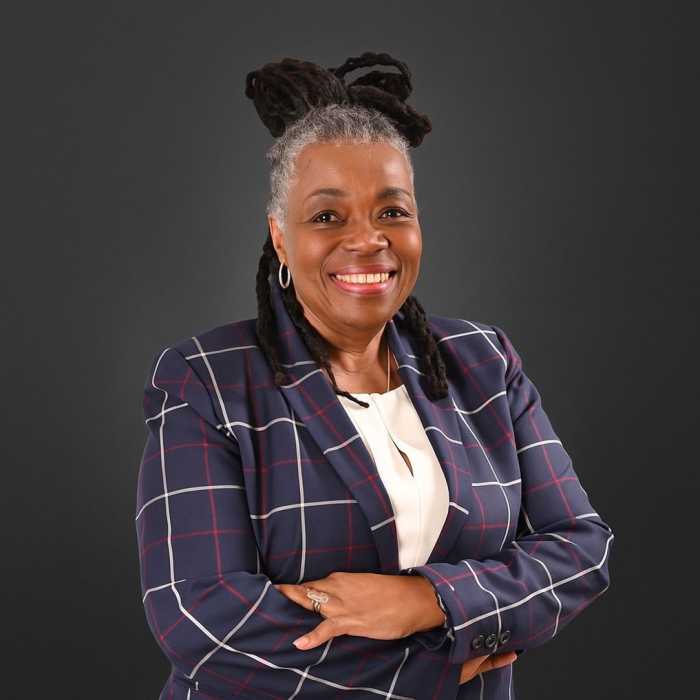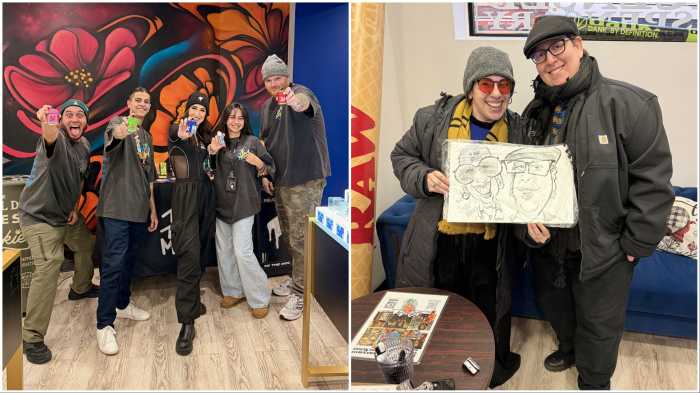Yvonne Armstrong is president of 1199SEIU, the largest health care union in the nation. Elected in 2025, she leads over 450,000 caregivers across the East Coast. A proud 1199er for 49 years, Yvonne began her journey as a dietary worker at New Rochelle Hospital in 1973. She was elected a rank-and-file delegate in 1986 and later served as VP and EVP, championing the voices of frontline workers and the values that have defined 1199 for generations.
PoliticsNY and amNY are proud to present the 2025 Power Players in Health Care list. From leaders of top medical institutions to deans of leading medical education programs to public officials shaping health care policy, the 2025 Power Players in Health Care are a world-class group of innovators who have dedicated their careers to ensuring the health and wellness of all New Yorkers. Their unwavering commitment to excellence is leading New York’s health care industry into a future defined by innovation, compassion, and improved health outcomes for all.
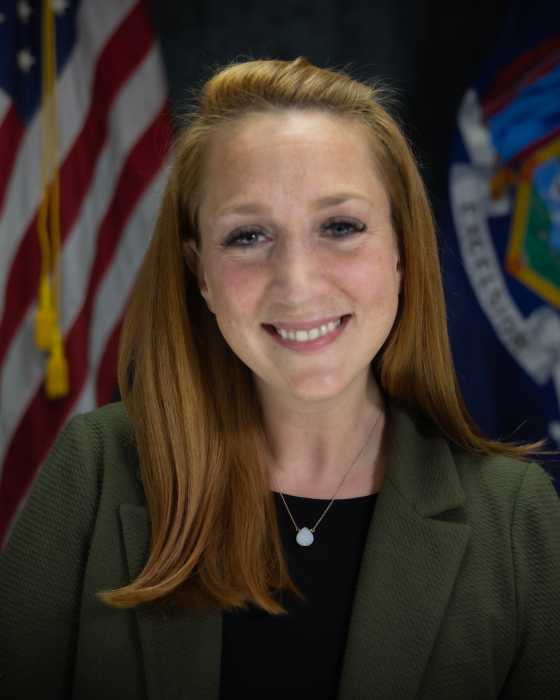
Willow Baer
Commissioner, New York State Office for People With Developmental Disabilities

Willow Baer serves as commissioner at OPWDD, where she leads the second-largest state agency with more than 19,000 state employees and oversees services delivered by over 400 not-for-profit service agency partners. Willow has spent her entire career working to protect and advocate for underrepresented populations. She leads the agency’s work to ensure that New York is inclusive, supportive, and a place where people with developmental disabilities live with meaningful choice and equitable access to care.
What piece of health care related legislation would you like to see passed in the near future?
I would love to see legislation passed requiring health care and clinical professionals to participate in training and experiential learning (e.g. clinical rotation) to gain expertise in providing health services to people with disabilities. Adequate early detection, as well as access to preventative health and dental care, would be a game changer for the developmental disability community, which struggles to access equitable and accessible health care.
How do you expect the health care field to change in the next five years?
As quality health care becomes increasingly hard to access, the federal cuts to Medicaid will make access even harder for marginalized populations. The use of technology and AI advancements will likely become more prominent. State agencies will need to continue to collaborate to provide holistic care for people with dual diagnoses and to support cross training for medical professionals to better support people with disabilities.
As this year comes to an end, what are your goals for 2026?
Given federal cuts on the horizon, my goal is to maintain access to quality supports for New Yorkers with developmental disabilities. People with disabilities and their families will continue to have a seat at the table as OPWDD updates our strategic plan to deliver greater independence and better outcomes for people as we support them to achieve their goals, improve customer experience and access to services, and build a sustainable service model.
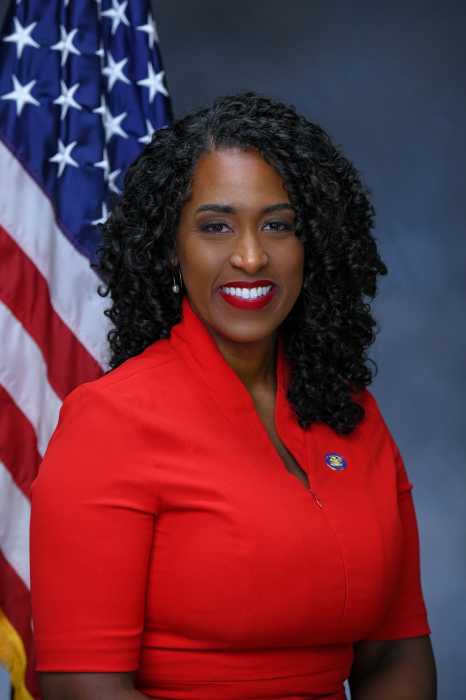
Samra Brouk
Senator, New York State Senate | Chair, New York State Senate Mental Health Committee

Senator Samra G. Brouk represents New York’s 55th District. She serves as chair of the Senate Mental Health Committee and is a fierce advocate for children, families, and our aging adults. She passionately calls for improvements in youth mental health, maternal health, and mental health crisis response. Her health care wins include signing the Student Lifeline Act into law, securing historic statewide investments in Daniel’s Law, and creating the Community Doula Directory in New York State.
What piece of health care related legislation would you like to see passed in the near future?
Daniel’s Law (S3670) will transform our state’s mental health crisis response, and we must ensure it passes in the near future to keep New Yorkers healthy and safe. Daniel’s Law centers a peer-led, non-police response to individuals experiencing a mental health crisis. Reforming our broken crisis response system is long overdue, and Daniel’s Law is a solution that provides justice for our Black and brown communities by ensuring vulnerable individuals are met with compassionate care.
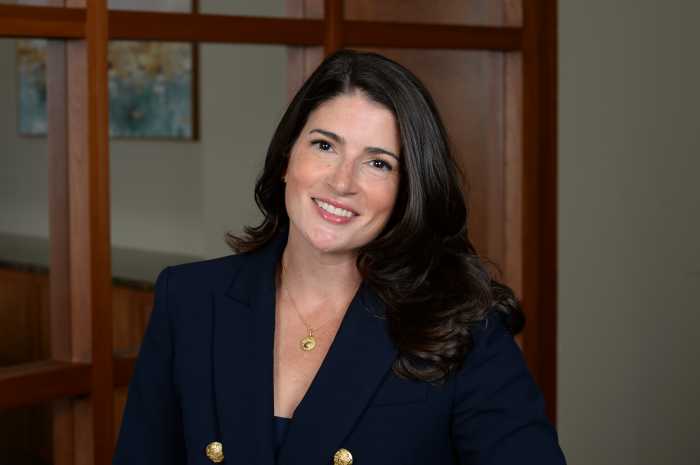
Tara Buonocore-Rut
President and CEO, CenterLight Health System

Tara Buonocore-Rut is president and CEO of CenterLight Health System, the nation’s largest not-for-profit, single-state Program of All Inclusive Care for the Elderly (PACE). She also leads Matter of Care, a Licensed Home Care Services Agency, C2Q Health Solutions, which provides tailored management services and expert support to value-based care providers nationwide; and TeamCare Medical, offering primary and preventive care for adults across New York. Her experience in strategy, finance, dual-eligible populations, and long-term care has driven significant organizational improvements, leading to higher-quality care.
What piece of health care related legislation would you like to see passed in the near future?
I’d like to see federal legislation that expands access to home- and community-based services for older adults who don’t qualify for Medicaid but still need ongoing, coordinated care. PACE delivers comprehensive, team-based support that keeps people healthy, independent, and out of hospitals and nursing homes. Yet for those who aren’t Medicaid-eligible, the out-of-pocket costs can be prohibitive. We need policies that close this gap and ensure middle-income seniors aren’t locked out simply because they fall between Medicare and Medicaid.
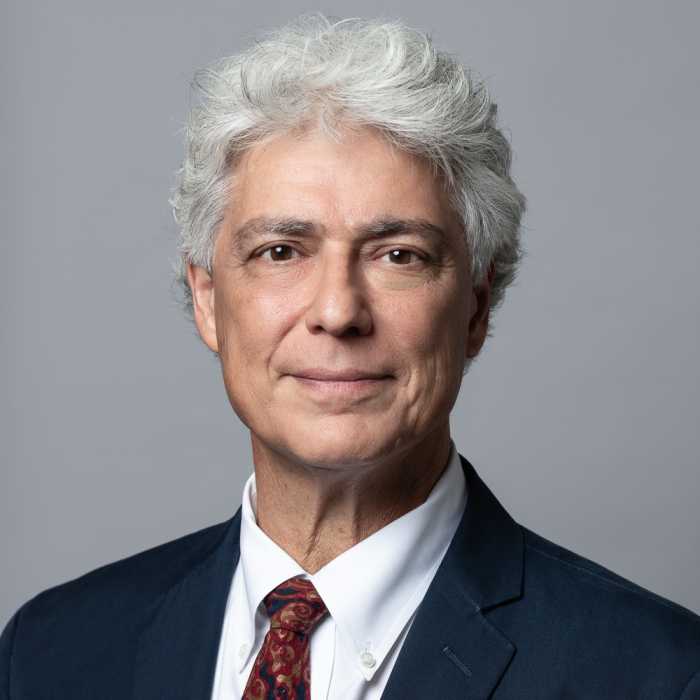
Al Cardillo
President and CEO, Home Care Association of New York State

Al Cardillo is president and CEO of the Home Care Association of New York State, which is composed of organizations that provide home and community-based care statewide. He has worked over the course of four decades in the health field in health services development, administration, legislation, budget, policy, health association management, and education. He is currently also on the adjunct faculty of the Albany College of Pharmacy and Health Sciences and the University at Albany.
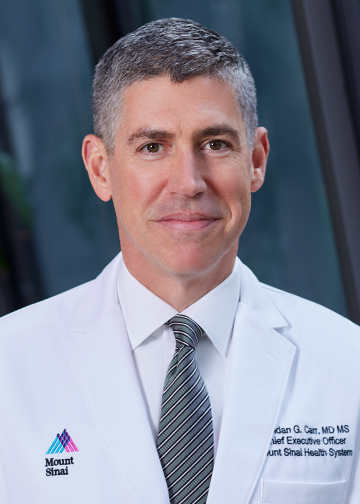
Brendan Carr
CEO, Professor and Kenneth L. Davis, M.D. Distinguished Chair, Mount Sinai Health System

Brendan Carr, M.D., M.A., M.S., CEO and distinguished chair of Mount Sinai Health System, is a nationally recognized leader in medicine and health policy. A visionary physician-scientist, he advances Mount Sinai’s mission of compassionate care, education, and research. Overseeing seven hospitals, the Icahn School of Medicine, and 400+ care locations, Dr. Carr brings over 20 years of expertise in health care and health policy, having advised organizations globally and served in public health roles.
What piece of health care related legislation would you like to see passed in the near future?
New York has a tremendous opportunity to lead the nation by creating the Empire Biomedical Research Institute. This entity would award grants to critical new biomedical projects, ensuring that new technologies are developed in the USA. We also need health care payment parity for Medicaid patients. Paying 70 cents on the dollar and expecting the same experience and outcomes has proven unrealistic. Payment parity would create competition for Medicaid patients similar to commercially insured patients.
How do you expect the health care field to change in the next five years?
Health care is evolving more rapidly than ever, and it’s only going to accelerate. Both the care and business of health care will be enormously transformed, and we’re writing the playbook now. It’s critical we be thoughtful and purposeful in how we leverage technology to turn data into knowledge. The greatest transformation of healthcare will be to separate the signal from the noise to focus providers at the top of their license with a focus on humanity and empathy.
As this year comes to an end, what are your goals for 2026?
We’re on a journey to become a Learning Health System. That means we’re striving to become a system that’s always improving, utilizing new technologies, challenging the status quo, and leveraging the best practices to realize the system’s full potential for every patient. This journey is forcing us to reimagine how we work, how we work together, and to leverage every great idea and technology being developed. It’s an incredibly exciting time and we’re well on our way!
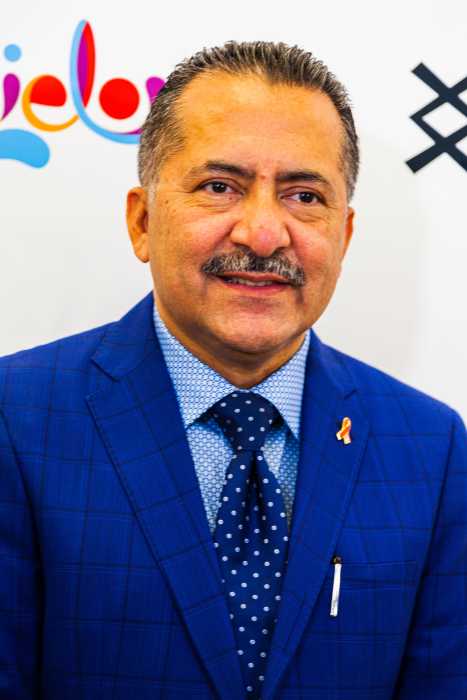
Guillermo Chacon
President, Latino Commission on AIDS

Guillermo Chacon is president of the Latino Commission on AIDS and founder of the Hispanic Health Network. Mr. Chacon is a vocal advocate for addressing the barriers in accessing health care of Hispanic/Latino communities and on the impact of HIV, viral hepatitis, STIs, and other chronic health conditions. Guillermo serves on several city and state advisory boards, including the NYS AIDS Advisory Council, the NYS Health Equity Council and the New York Immigration Coalition.
What piece of health care related legislation would you like to see passed in the near future?
New York Health Act and Medical Aid in Dying Act
How do you expect the health care field to change in the next five years?
The public health workforce will change in the future as there are many health care workers waiting for retirement who will leave a huge gap. The need to engage and retain a new youthful and diverse public health workforce is urgent. In the not-for-profit sector, many leaders have retired or are planning to retire. It is critical to build a new generation of leaders to ensure robust not-for-profit leadership to fill the gaps in the health and human service field.
As this year comes to an end, what are your goals for 2026?
I am working very hard to educate and engage our New York State legislators to invest in public health in our state and produce legislation to increase positive health outcomes for New Yorkers. Equally important is the urgent need to educate, empower and advance patient engagement in increasing access to health care and access to prevention services to Hispanic/Latinos in New York State
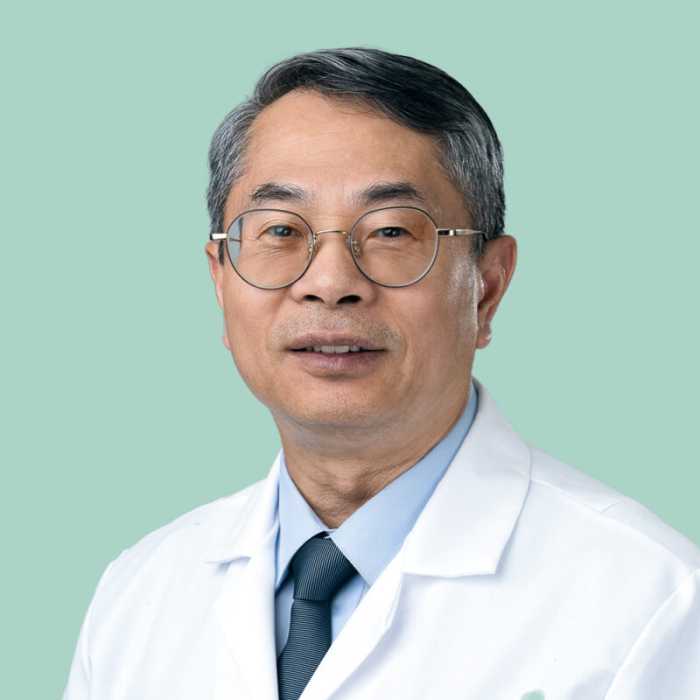
Henry Chen
President, SOMOS Community Care

Dr. Henry Chen is the president of SOMOS Community Care and has been a community-based physician in private practice for over 20 years, primarily serving patients in the Asian communities in Brooklyn and Manhattan. As president of SOMOS, he is responsible for providing strategic and operational leadership to the network. He is the past president of the Association of Chinese American Physicians and is the founder and VP of the Eastern Chinese American Physician IPA, and founder and CEO of the Chinese Community Accountable Care Organization. In June 2022, Dr. Chen received a Lifetime Achievement Award from President Joe Biden, and a Certificate of Recognition from NY Governor Kathy Hochul.
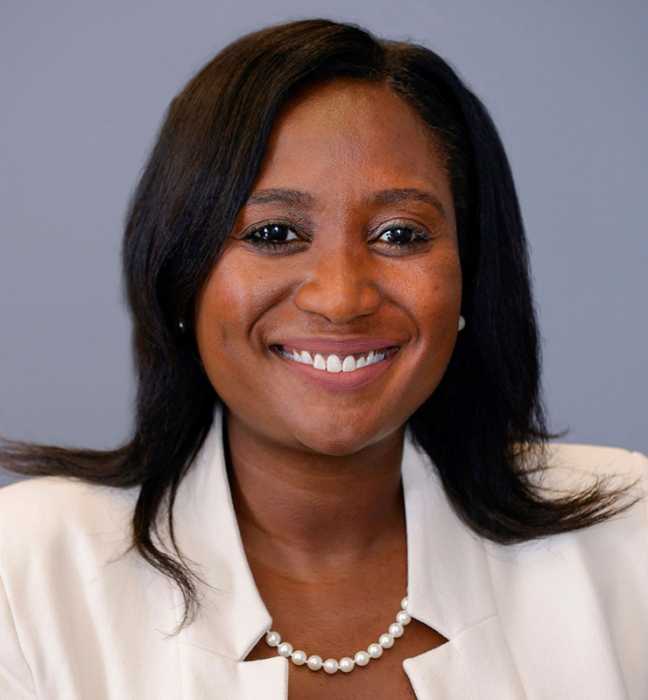
Natalia Cineas
Senior Vice President and Chief Nursing Executive, NYC Health + Hospitals

Natalia Cineas, senior vice president and chief nursing executive at NYC Health + Hospitals, leads more than 9,600 nurses across the system, driving initiatives to strengthen clinical quality, patient safety, and workforce development. She has championed programs that enhance nurse leadership, improve retention, and expand equitable care access. Also serving as adjunct faculty at Columbia University School of Nursing, Dr. Cineas continues to advance health equity and excellence across NYC Health + Hospitals.

Mike Costa
SVP, Provider Network & Population Health, EmblemHealth

Mike Costa is the SVP of provider network and population health at EmblemHealth, where he develops and executes network and value-based care strategies. He oversees population health, risk contracting, and vendor management. Previously, he served as executive VP of Strategy at DocGo and held roles at CVS/Aetna, where he managed value-based care for 11 million members. Costa holds a Bachelor of Science and a Master of Science in Healthcare Administration from the University of Scranton.
What piece of health care related legislation would you like to see passed in the near future?
Affordability remains the defining challenge of our industry. While a well-functioning market should naturally correct itself, that’s not the current reality playing out for our members and the communities we serve. I support measures like New York’s Fair Pricing Act (S705), which caps payments of routine outpatient services performed at hospitals. This legislation addresses affordability and the unjustified variation in prices for the same services across sites of care, a driving factor in health care costs.
How do you expect the health care field to change in the next five years?
The next five years will change how health plans and providers work together. At EmblemHealth, our members stay with us for decades, giving us the unique ability to invest in long-term, value-based solutions. I expect to see stronger payer/provider alignment and more integrated chronic care management. These are the tools that have the potential to make health care proactive rather than reactive to the needs of our members and communities.
As this year comes to an end, what are your goals for 2026?
In 2026, we’re focused on continuing to unlock new doors through greater transparency. Streamlining networks, aligning incentives, and making care easier to navigate helps us manage chronic conditions more effectively, support healthier behaviors, and make care more affordable. Transparency is a building block, and we want to keep using it as a concrete tool to deliver affordable, high-quality coverage and care that our members and communities can rely on.


